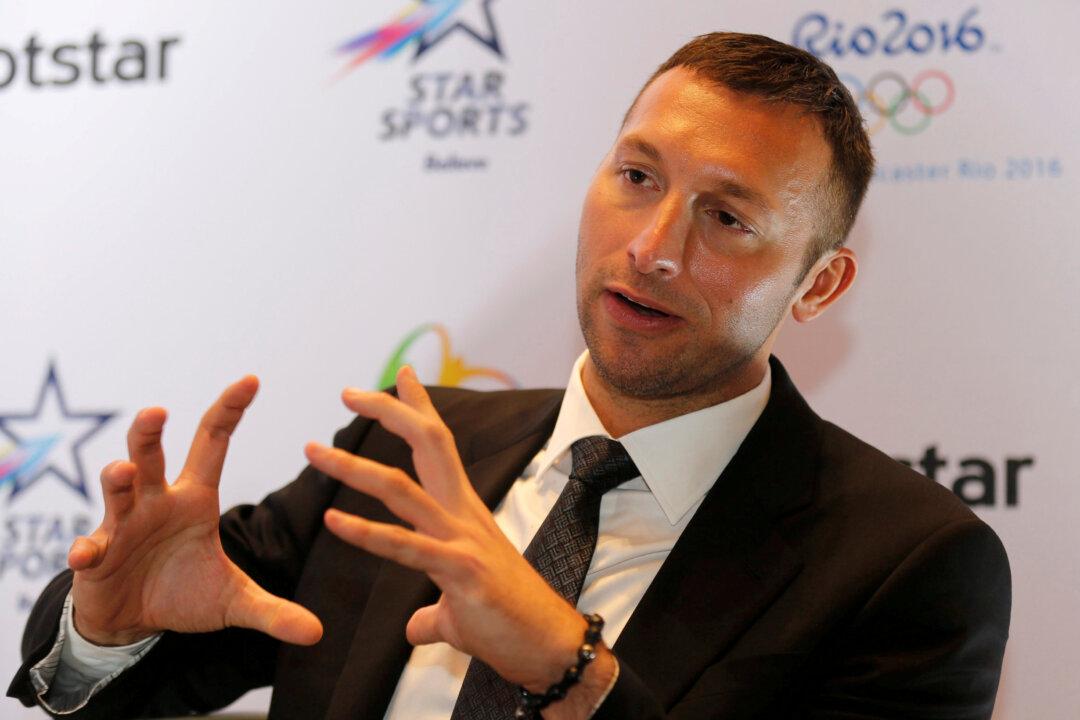SYDNEY—Swimmer Ian Thorpe headlined a who’s who of Australian Olympic champions calling for more government spending on elite sport on Oct. 24, writing in an open letter that the current funding model was “broken”.
Thorpe, Australia’s most successful Olympian with five gold medals, was joined by 42 other Olympic champions and former representatives of the country on the international stage in speaking out about “the great uncertainty” surrounding sport.





